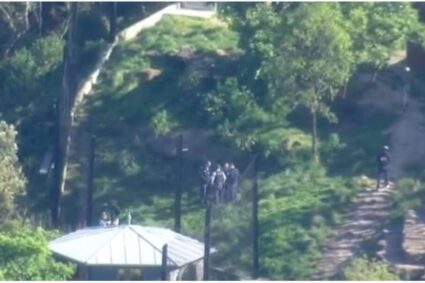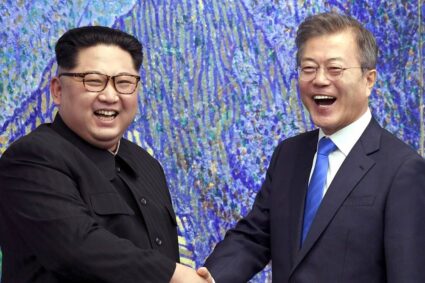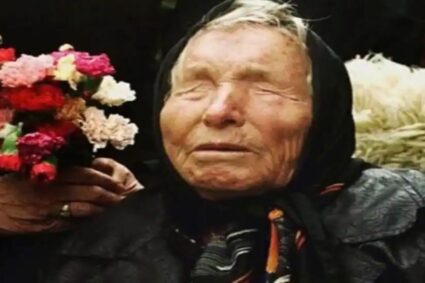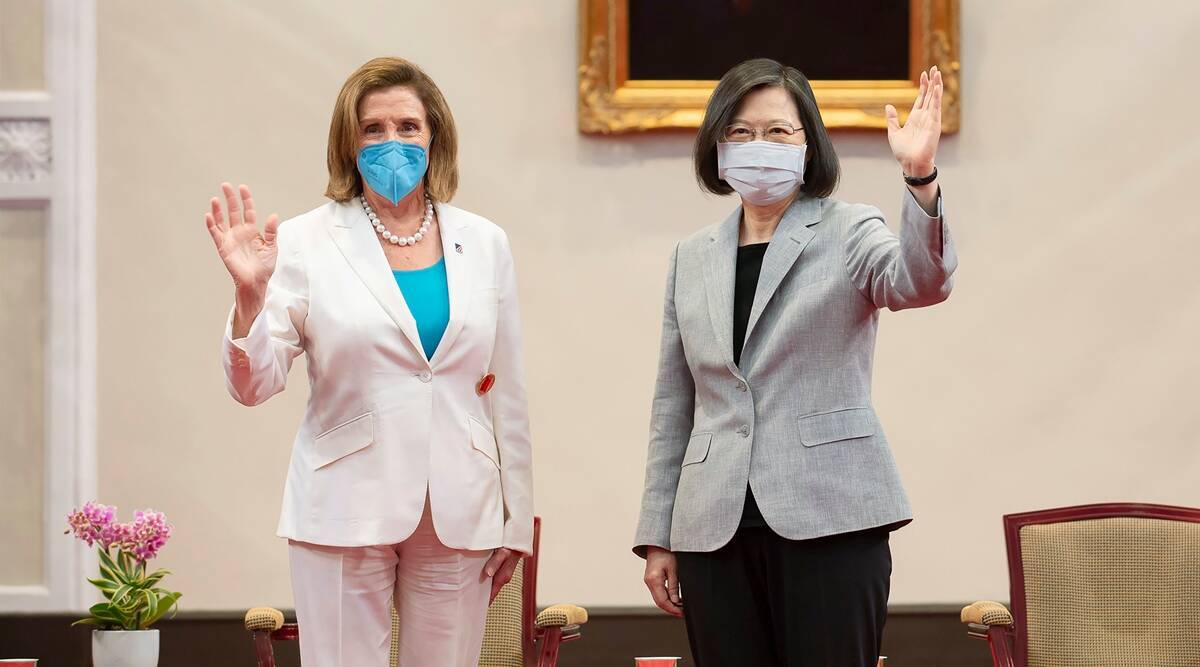
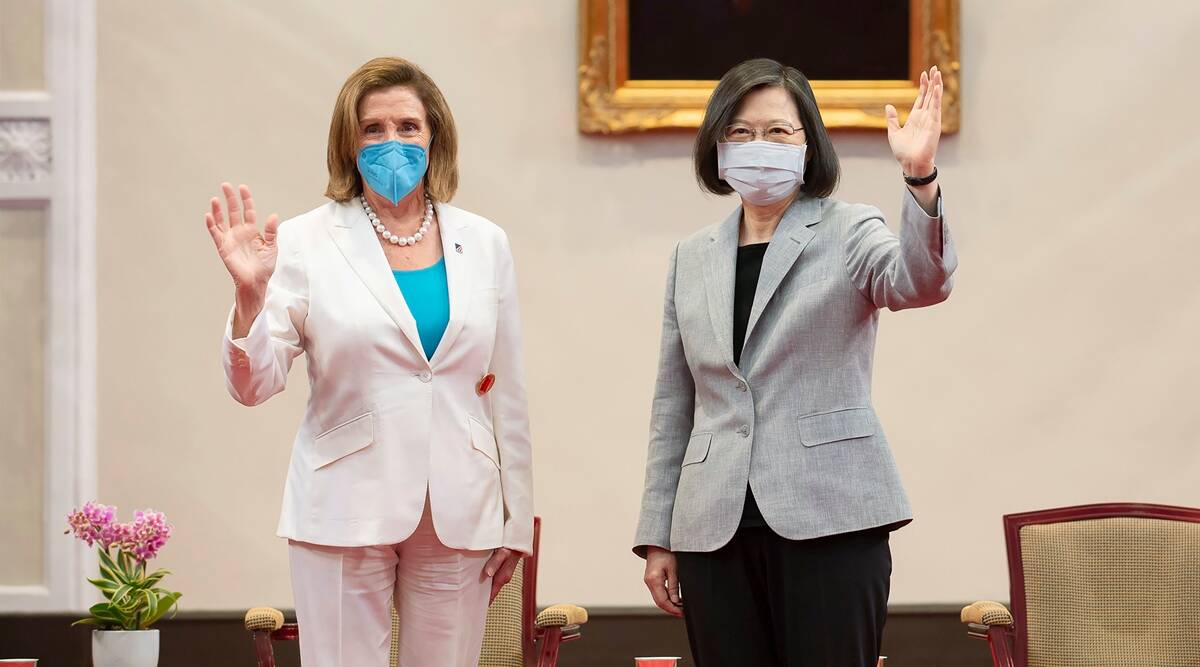
China imposed sanctions on Tuesday on seven Taiwanese officials and lawmakers it accused of being “independence diehards”, including banning them from entering, in its latest angry reproach of the democratically governed island.
The sanctions come after U.S. House Speaker Nancy Pelosi visited Taiwan this month, a trip that China said had sent a wrong signal to what it views as pro-independence forces.
China considers Taiwan its own territory and not a separate country. Taiwan’s government disputes China’s claim.
China’s Taiwan Affairs Office said among those sanctioned were Taiwan’s de facto ambassador to the United States, Hsiao Bi-khim, Secretary-General of Taiwan’s National Security Council Wellington Koo, and politicians from Taiwan’s ruling Democratic Progressive Party.
A Taiwan Affairs Office spokesperson said that those sanctioned would not be able to visit China, Hong Kong and Macau. Firms and investors related to them will also not be allowed to profit in China.
“For some time, a few diehard separatist elements, out of their own interests, have gone to lengths to collude with external forces in provocations advocating Taiwan independence,” state news agency Xinhua cited the spokesperson as saying.
Subscriber Only Stories
“They have deliberately instigated confrontations across the Taiwan Strait, and recklessly undermined peace and stability in the region.”
Taiwan’s foreign ministry said in response that the island was a democracy that “could not be interfered with by China”.
“Even more, we cannot accept threats and menace from authoritarian and totalitarian systems,” ministry spokesperson Joanne Ou told reporters in Taipei.
Advertisement
The sanctions will have little practical impact as senior Taiwanese officials do not visit China. The seven are in addition to Taiwan Premier Su Tseng-chang, Foreign Minister Joseph Wu and parliament Speaker You Si-kun who were previously sanctioned by China.
Taiwan’s government says only the island’s 23 million people have the right to decide their own future.


